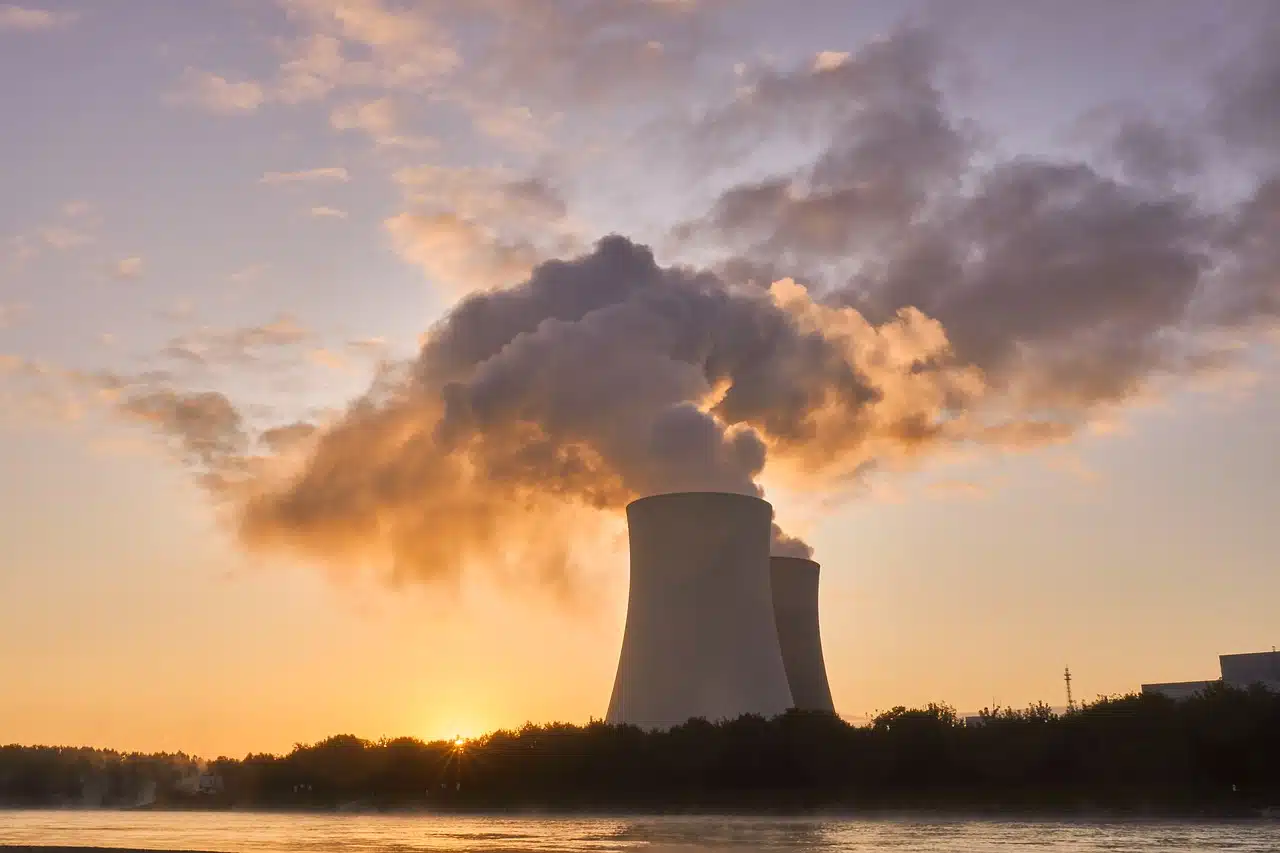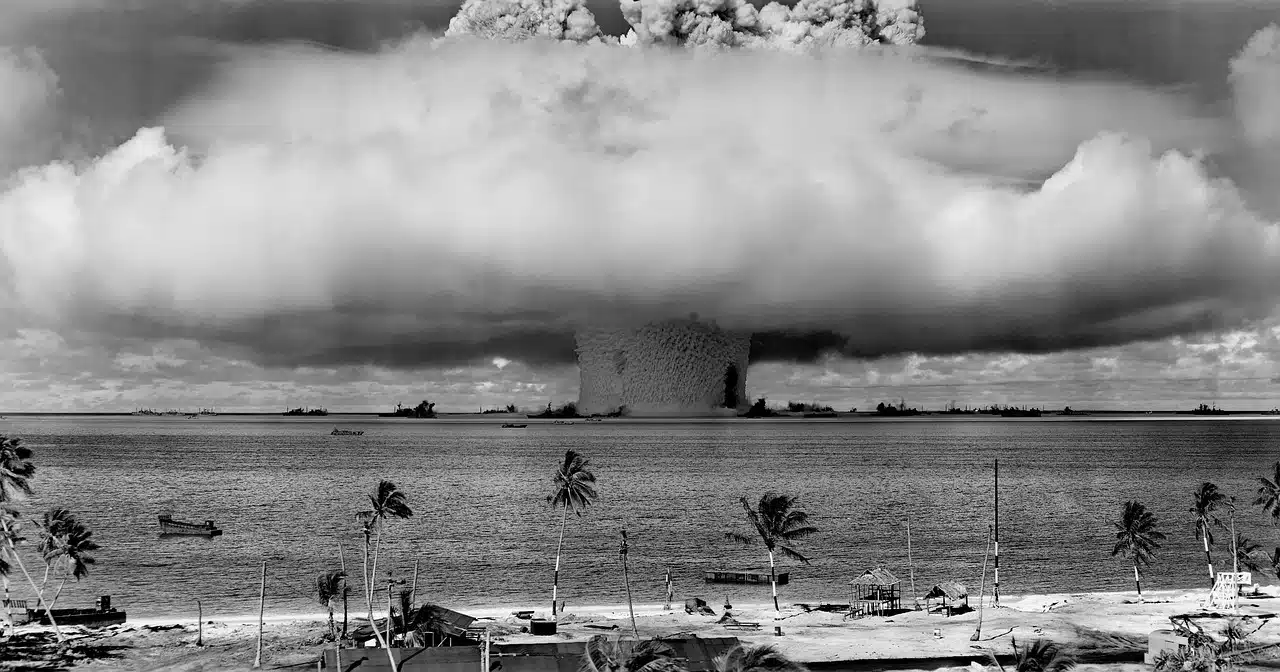
Nuclear energy is released spontaneously or artificially in a nuclear reaction .
Nuclear energy is energy that is released spontaneously or artificially in nuclear reactions . This energy can be used to generate electrical, mechanical or thermal energy .
Before moving forward, it is important to proceed to establish the etymological origin of the concept. We find the fact that it is made up of two words that have a different origin. Thus, the word energy comes from the Greek word energon, which is the result of the union of the prefix en – which means “within” and ergon which can be translated as “action” . Nuclear , for its part, has its etymological origin in the Latin nucleus , which has a unique meaning: "small nut" .
It should be noted that the ability to move or transform a certain thing is known as energy . It may also be a natural resource that, combined with other elements, can be used industrially.
Nuclear , meanwhile, is an adjective that refers to that which belongs to or describes a nucleus . The term also offers the possibility of citing everything that is related to the energy that is born from atomic reactions that involve fission or fusion processes.
Nuclear energy concept
The concept of nuclear energy, in short, is usually used to name both the result of the nuclear reaction and the knowledge, techniques and technologies linked to the use of said energy. Nuclear energy is used to generate electricity or analyze archaeological pieces, for example. It also has applications in the field of medicine ( nuclear medicine ).
Among the isotopes used by humans to operate nuclear reactors, the most common are uranium -235 (235U), thorium-232 (232Th), plutonium -239 (239Pu), strontium-90 (90Sr) or polonium-210 (210Po).
Due to the high risks of contamination in the event of an accident and the difficulties in storing radioactive waste, nuclear energy usually has many detractors.

Bombs can be produced with nuclear energy.
Bomb production
Some countries use nuclear energy to produce bombs and other weapons. The only nation that dropped a nuclear bomb on a population was the United States during World War II .
Specifically, we are referring to the bombing that the aforementioned North American country carried out in August 1945 on the Japanese cities of Hiroshima and Nagasaki . American President Harry Truman was the one who ordered these nuclear attacks, which ended the war and resulted in the death of more than 200,000 people .
A direct attack on the Empire of Japan was this action that was made up of two actions: the launch of the Little Boy nuclear bomb on the 6th in Hiroshima and that of Fat Man on the 9th in Nagasaki . They brought with them the aforementioned number of deaths, however, it must be emphasized that, although many of them took place directly with these attacks, many others occurred later as a consequence of the diseases and injuries caused by these bombs, such as cancer or leukemias.
